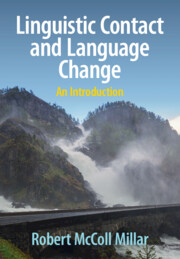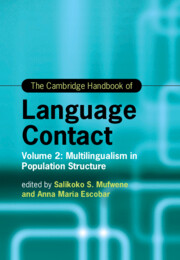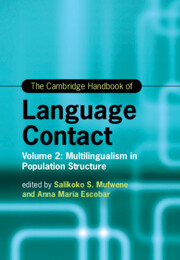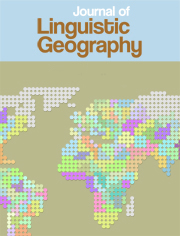Linguistic Contact and Language Change
Linguistic contact is a reality of everyday life, as speakers of different languages come into contact with one another, often causing language change. This undergraduate textbook provides a means by which these processes, both modern and historical, can be analysed, based on cutting-edge theoretical and methodological practices. Chapters cover language death, the development of pidgins and creoles, linguistic convergence and language contact, and new variety formation. Each chapter is subdivided into key themes, which are supported by diverse and real-world case studies. Student learning is bolstered by illustrative maps, exercises, research tasks, further reading suggestions, and a glossary. Ancillary resources are available including extra content not covered in the book, links to recordings of some of the language varieties covered, and additional discussion, presentation and essay topics. Primarily for undergraduate students of linguistics, it provides a balanced, historically grounded, and up-to-date introduction to linguistic contact and language change.
- Introduces new concepts in conjunction with real-world examples to bolster student understanding
- Includes dedicated case studies to ground discussions in the historical and contemporary ecology of a specific place
- Includes end of chapter exercises and practical research tasks to encourage autonomous, hands-on learning
- Guides students through a clear and measured analysis of scholarly disagreements over the genesis and nature of Creoles
Product details
December 2024Hardback
9781316512739
218 pages
261 × 182 × 17 mm
0.64kg
Available
Table of Contents
- 1. Introduction
- 2. Language death, language attrition and language contact
- 3. Pidgins and Creoles
- 4. Semi-Creoles (varieties with Creole-like features which are not Creoles)
- 5. Macro-convergence
- 6. Close-variety convergence and change: the Koine
- 7. Some final thoughts.







